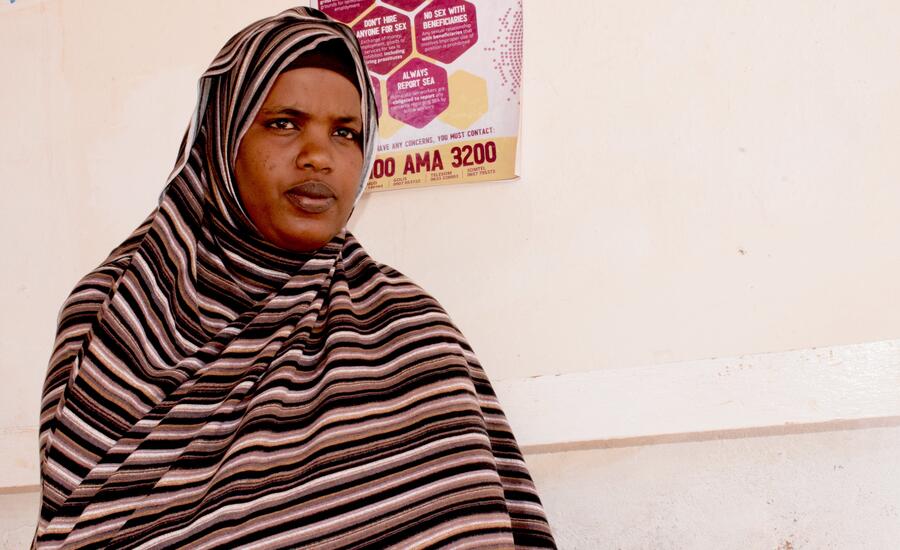How Financial Support Aids Fight Against Malnutrition
Education
Qaali Abdi Farah has faced significant financial struggles since her divorce, a challenge that has deeply impacted her three children. Her youngest, Ashraf, just 15 months old, was recently diagnosed with Severe Acute Malnutrition (SAM). With limited financial resources, Qaali constantly worried about affording basic necessities like milk and accessing medical care for her children.
Earlier this year, Qaali joined the AICS Nutrition program, funded by Italian Cooperation and implemented by CISP which provided her with three months of financial support, amounting to $70 per month. This assistance became a lifeline for her family, allowing her to buy milk for Ashraf—crucial for his recovery—and ensuring her children received the medical care they needed.
"I benefited immensely from the cash support. It enabled me to provide for my children's basic needs and secure essential healthcare services," Qaali shares.
The program not only addressed her immediate needs, but also had a lasting impact on Ashraf's development. With the proper nourishment and care made possible by this financial support, Ashraf, who had initially missed key developmental milestones, began to show encouraging progress in his physical growth.
“Receiving the cash support every month was a huge opportunity for our family. It didn’t just sustain us, it inspired us to dream bigger and strive for a brighter tomorrow,” she adds.
The program’s cash transfers targeted 433 vulnerable families in Dhusmareeb and Guriel, including those in IDP camps and host communities, whose children suffer from Severe Acute Malnutrition (SAM). At local health centers, children between 6 and 59 months were screened according to the guidelines of the Integrated Management of Acute Malnutrition (IMAM). Families of children who met the SAM eligibility criteria were registered to receive unconditional cash assistance for three months.
This financial support helped families cover basic needs, either fully or partially. The unconditional cash transfer approach not only aided in fighting malnutrition, but also improved food security. Additionally, the increased family income from this support reduced economic pressure, allowing families to build resilience and devote more time and resources to caring for children with SAM.

